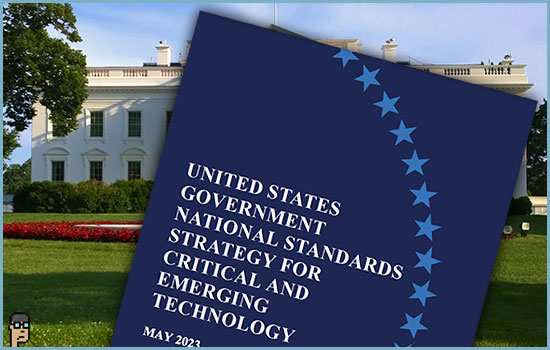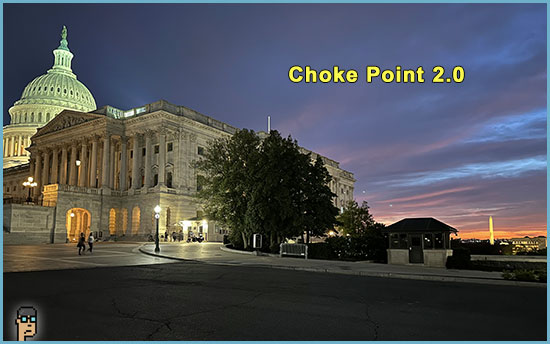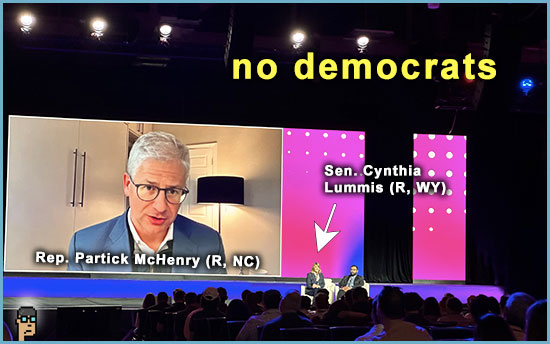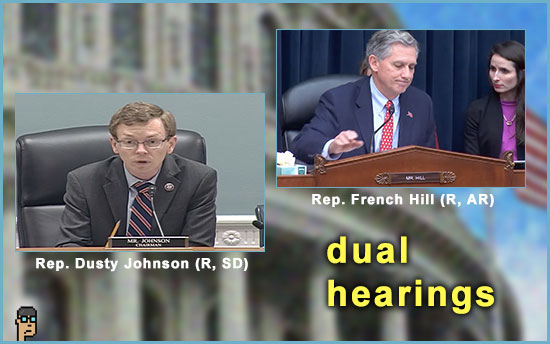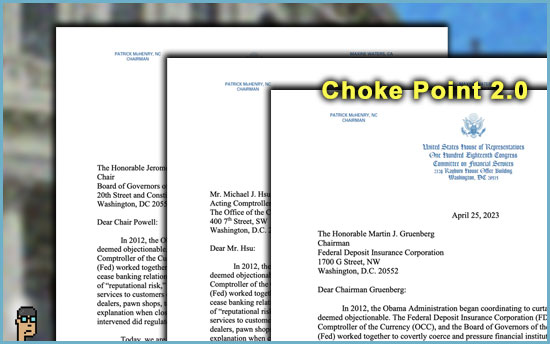Here’s today’s blockchain tipsheet… prefer it by email? Sign up here.
New York – legislation
New York State Attorney General Letitia James (D) announced new legislation called “Crypto Regulation, Protection, Transparency, and Oversight (CRPTO) Act” on Friday. AG James said in the release, “Rampant fraud and dysfunction have become the hallmarks of cryptocurrency and it is time to bring law and order to the multi-billion-dollar industry.”
Three overall goals for the legislation are listed including “1) Stop Conflicts of Interest 2) Require Public Reporting of Financial Statements and 3) Bolster Investor Protections.” And there’s this: “The bill would also strengthen the New York State Department of Financial Services’ (NYDFS) regulatory authority of digital assets.” Next steps for the bill will include submission by the Office of the Attorney General “to the State Senate and Assembly for their consideration during the 2023 legislative session” which currently runs through June 8.
An impressive list of 25 different, supportive quotes from state Democratic politicians and special interests are included in the announcement and none more prominently than former NYDFS Superintendent, Maria Vullo. Vullo served as superintendent of the NYDFS from 2016 to 2019 and briefly ran for the Attorney General position in 2021 while James considered running for New York State governor. Vullo talks in the release about the need to “codify” the New York BitLicense – New York State’s digital assets framework.
Policy professional Justin Slaughter of Paradigm looks through the entire bill and delivers a comprehensive tweet thread here. He notes, “How the new legislation interacts with the BitLicense regime isn’t clear – the legislation doesn’t appear to mention it. Presumably this bill won’t pass without some discussion of how this either complements or replaces the BitLicense though.”
more tips:
The Bill: Legislative Bill Drafting Commission 10985-04-3 (PDF) – ag.ny.gov Continue reading “New York Attorney General Legislating On Crypto With CRPTO; Market Structure Hearing Wednesday”


